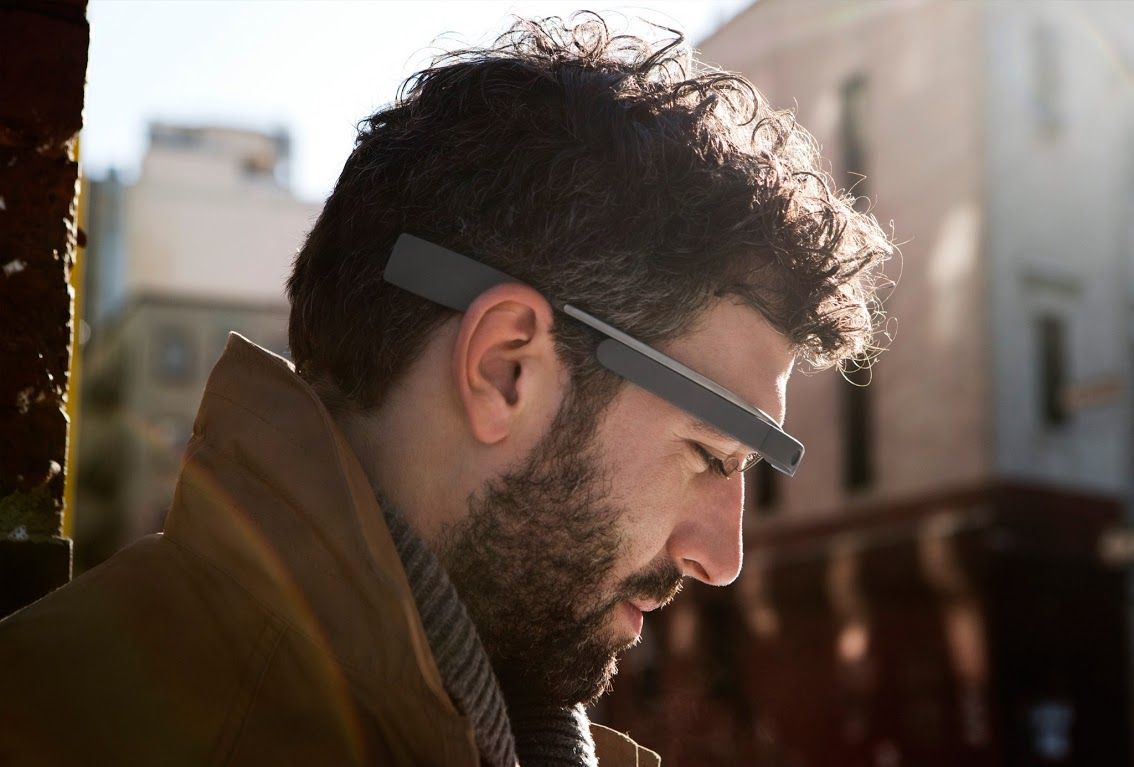Google Glass continues to be a hotbed of debate with the search engine having to step in once again.
"When we started the Explorer Program nearly a year ago our goal was simple: we wanted to make people active participants in shaping the future of this technology ahead of a broader consumer launch," says the search giant and Glass maker.
The latest ruckus is about whether or not to let developers to use facial recognition, something Google says it won't be doing until privacy protections have been put in place.
"We've been listening closely to you, and many have expressed both interest and concern around the possibilities of facial recognition in Glass. As Google has said for several years, we won’t add facial recognition features to our products without having strong privacy protections in place. With that in mind, we won’t be approving any facial recognition Glassware at this time," adds Google via a Google+ page.
Privacy advocates are concerned that users wearing Google Glass could walk into a bar and immediately spot who is in the room based on running a facial recognition check, while some see that as harmless or even useful, others are worried about the implications it might have in a wider social context.
"I like the idea of openness, however, as long as there are governments and leaders with power in the world there should be no way that we alow these kind of innovations," says commentor Martijn Potman on the news following the announcement.
"Imagine (excuse me for this) Hitler in World War II with Google Glass v10 with heat/night, etc vision and face recognition. The Jewish people would not have had a chance. Therefore I cannot agree more with Google on their decision. It's for the same reason that they needed a law suit to get Google to work with the CIA in giving out information. Some stones are better when left unturned. At least for the time being,"
However another commentor, Randy Casey, thinks blocking facial recognition is pointless.
"There's already been talk about CCTV systems having facial recognition. It would be really wrong if only the governments had this technology," he says. "Regardless, if Google suppresses it, some other competitor will offer it."
Google says it has "learnt a lot" from the community in the past few weeks and will "continue to learn more as we update the software and evolve our policies in the weeks and months ahead"
Do you want Google Glass to have facial recognition powers? Let us know in the comments below.

